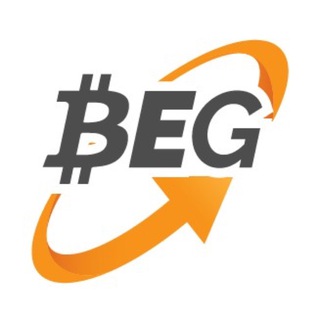Corda, a decentralized blockchain offshoot of software company R3, recently announced that it had built a decentralized bridge to permissionless blockchains on the Ethereum ecosystem.
XDC To Facilitate Exchange On Corda
The announcement sees them collaborate with permissioned hybrid blockchain protocol eXchange inFinite (XinFin) to improve the global trade finance space. XinFin's utility token XinFin Digital Contract (XDC) would be used for payment settlement in the Corda network. The interoperable bridge built by a team of former Royal Bank of Scotland (RBS) employees designated LAB577 will make the Corda blockchain talk to other blockchain networks. This will greatly engender the transmission of private user data on the Corda network. The limited dataset will also make its way to the XDC secure network. In a press release shared with us, Director of the team Richard Crook noted the importance of this Corda-XinFin interoperable bridge, saying that one of the blockchain's trilemma would be put to bed.“The first currency across is XDC, but this lays the groundwork to connect Corda to ERC-20s and other cryptocurrency networks." “What you would see here is the age-old challenge of interoperability being solved.”R3 has been in the crypto space for some years. During its inception in 2015, the R3 team pointed to the potential blockchain technology like Bitcoin would bring to the financial sector. Even though large financial houses initially signed up for the project, fears about competitors getting their hands on company data saw interests wane. This led to the creation of Corda- a system that enables data and value transfer between parties without giving out vital data. The Corda project has been hugely successful, and they created a payments platform that supported Ripple Labs' XRP token in 2018.
 bitcoinexchangeguide.com
bitcoinexchangeguide.com